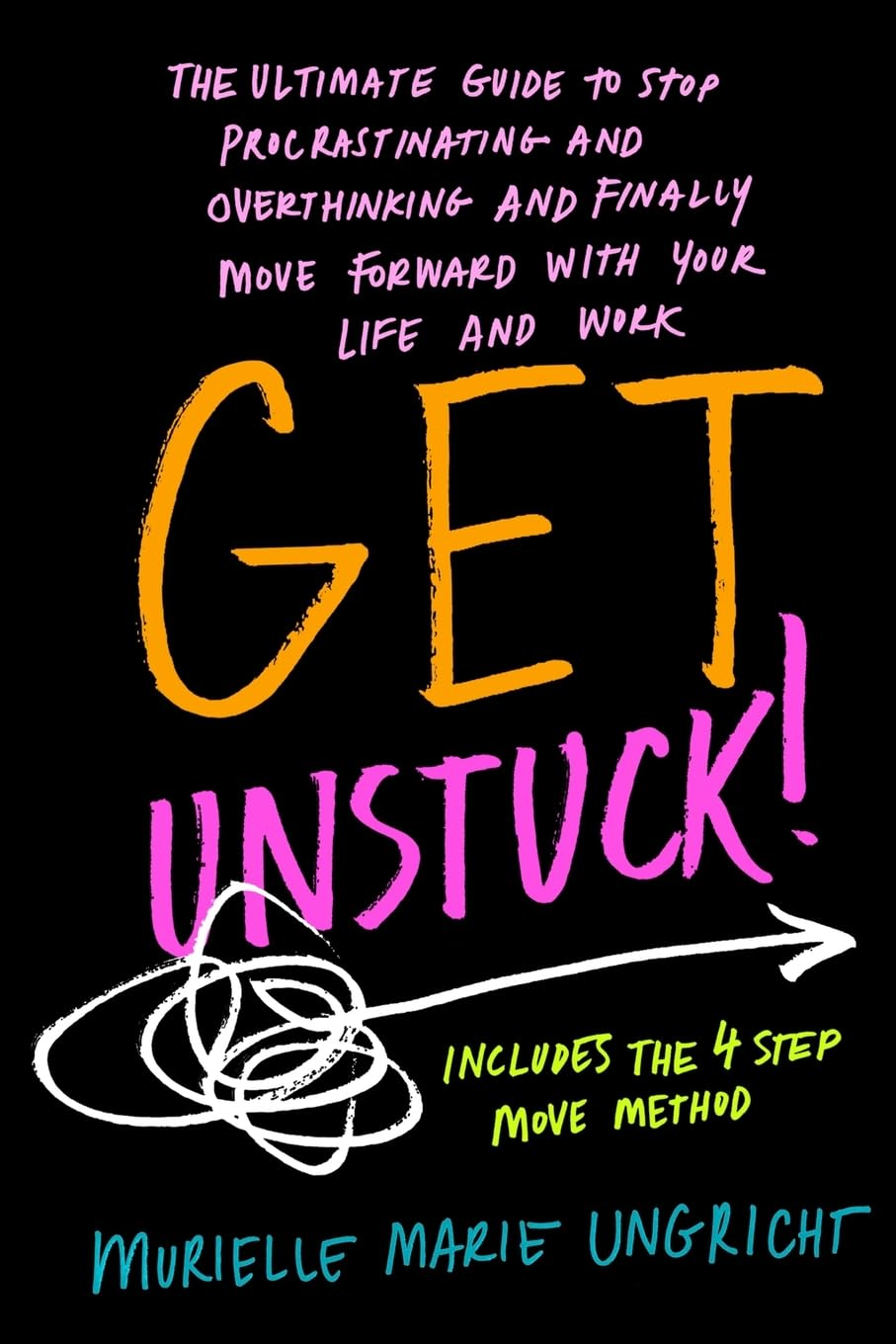
Lena kept the same job for eight years, even though it drained her. She told herself she would apply for roles next week. She said she would start running when the weather improved. Weeks turned into years. The cost was quiet, then loud. Missed chances at work, growing shame, and a sense that life was passing by.
Procrastination is not laziness. It is a habit of dodging tasks that stir fear, boredom, or discomfort. We put off the hard call, the first gym session, the overdue CV update. The result is stress, regret, and less trust in ourselves. It can stall a career, weigh on relationships, and hurt health.
Get Unstuck is written by a UK life coach, member of the worldwide Beautiful You Coaching Academy.
There is a way through. First, learn why you delay. Then use simple tools to start, even on tough days. Finally, build small habits that keep you steady. The steps below will help you act with less fuss and more confidence, one decision at a time.
Root Causes of Your Procrastination
Procrastination has patterns. Spot them and you gain control. Most delay comes from a few common triggers.
- Fear of failure: You avoid starting because you fear a poor result. Example: you sit on a report until the last minute, worried your manager will criticise it. The fear grows, so you wait longer, and the work suffers.
- Perfectionism: You want ideal conditions and perfect output. Example: you skip a workout because you cannot do a full hour. A day off becomes a week, then a month.
- Overwhelm: Big goals feel impossible, so you freeze. Example: you want to launch a side business, but the list of tasks is a wall. You stay busy on small errands to avoid the wall.
- Low clarity or motivation: Vague goals make it hard to start. Example: you plan to “get healthier” but do not define the first step, so nothing happens.
Build empathy for yourself. You learned to delay for a reason, often to avoid pain. The first shift is awareness, not blame. Ask simple, direct questions and write the answers. A short journal session after a delay can reveal a lot.
Try these reflection prompts:
- What task did I avoid, and when did I notice the urge to put it off?
- What feeling came up, like fear, boredom, or confusion?
- What story did I tell myself to justify the delay?
- What small action could I have taken in two minutes?
Keep a light, factual tone in your notes. No judgement. Track patterns for a week. You may see the same trigger appear in work, health, and home tasks. Recognition is the start of change.
Spot Fear and Perfectionism in Your Daily Choices
Perfection often hides as “high standards”. In truth, it can block action. If a task cannot be done in ideal form, you skip it. You miss the messy first rep that builds skill.
Quick exercise:
- List three tasks you keep delaying.
- Next to each, write the fear behind it, like criticism, wasting time, or not being good enough.
- Circle one task and plan the smallest imperfect action you can take today.
Start tiny to build confidence. Five minutes of writing beats zero. A ten minute walk beats no exercise. Progress shrinks fear.
Tackle Overwhelm by Breaking Down Life’s Big Goals
Large goals blur into haze. You see the mountain, not the path. Breaking them down turns pressure into a plan.
- Choose one goal, like “improve fitness”.
- Slice it into steps: buy vegan trainers, set a walking route, book two sessions, track dates.
- Make the first step so small it feels easy.
This reduces stress and creates quick wins. Each small finish gives a hit of momentum. Momentum beats motivation, because it carries you when energy dips.
Simple Ways to avoid Procrastination
Once you know the triggers, use practical tools to start. Keep them simple. You want methods you can use on a tired Tuesday, not only on a perfect day.
- Two-minute rule: If it takes under two minutes, do it now. If it is bigger, commit to just two minutes to begin.
- Pomodoro technique: Work for 25 minutes, then take a 5 minute break. Repeat up to four times, then rest longer.
- Time blocking: Schedule focused blocks for key tasks, with breaks. Give your day a shape that guides you.
- Rewards: Pair tasks with a small reward. Coffee after the first focus block, a walk after you send the proposal.
- Accountability: Share a clear goal with a friend or colleague. Agree to send a daily check-in message.
Examples for real life:
- Work: Set a 25 minute timer to outline a report. After the timer, send one email update. Reward yourself with a short break outside.
- Career change: Book one 30 minute block to update the top third of your CV. Share progress with a friend by 6 pm.
- Personal growth: Read one chapter before lunch. No phone during the 25 minute window.
- Home: Start tidying by clearing the desk for two minutes. If you feel good, keep going. If not, you still win.
These tools shrink the gap between intention and action. You do not need to feel ready. You only need a fair plan and a first step.
Start Small with the Two-Minute Rule
The rule is simple: if a task can be done in under two minutes, do it now. Reply to the short email. File the document. Put the plate in the dishwasher. This clears mental clutter.
For bigger tasks, promise only two minutes. Start the presentation by naming the file. Begin cleaning by picking up one item. Write a single sentence. Two minutes often turns into ten, because starting cuts friction. Even if you stop, you still moved.
Structure Your Day Without Stress
Time blocks give your day guardrails. Schedule short, focused blocks for deep work, then add breaks. This protects attention and keeps energy steady.
- Choose a simple planner or app.
- Block 25 to 50 minutes for a main task, like writing or study.
- Insert 5 to 10 minute breaks for water, stretches, or a short walk.
- Add blocks for admin, home tasks, and rest.
Benefits include less context switching, clearer priorities, and room for family or hobbies. When you protect space for life outside work, you reduce burnout, which makes starting tomorrow easier.
Habits to Keep Procrastination at Bay
Stopping procrastination is not a one-off push. It is a set of small behaviours that you repeat until they feel normal. Routines and simple systems free you from constant willpower.
- Set clear goals with dates.
- Tie new habits to existing cues, like making a to-do list after breakfast.
- Track progress in a simple way, such as a daily tick on a calendar.
- Reframe tasks as chances to practise, not tests of your worth.
- Hold a weekly review to adjust your plan.
A weekly review can be short. What worked, what slipped, and what will you change next week? Update your blocks, remove low-value tasks, and plan one bold step. Patience matters here. Slow, steady change outlasts bursts of effort.
Mindset also counts. See tasks as opportunities to gain skill, not burdens to dodge. The work is the training. Each start builds trust in yourself, and trust makes the next start easier.
Set SMART Goals to Guide Your Life Forward
SMART goals keep you honest. They are Specific, Measurable, Achievable, Relevant, and Time-bound.
- Vague: “Get fit.”
- SMART: “Walk 20 minutes daily for a month.”
Clarity fights delay. You know what to do, how long to do it, and when you will review. Use this for any area: “Apply to three roles by Friday”, “Read 10 pages before bed”, “Save £100 this month”.






